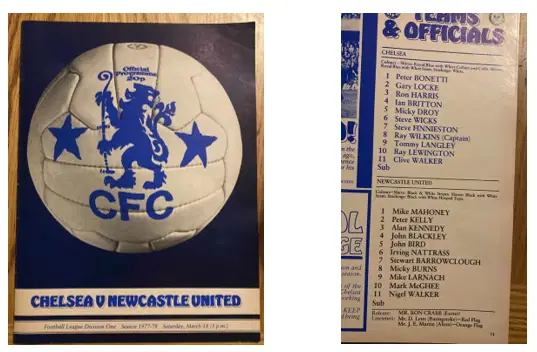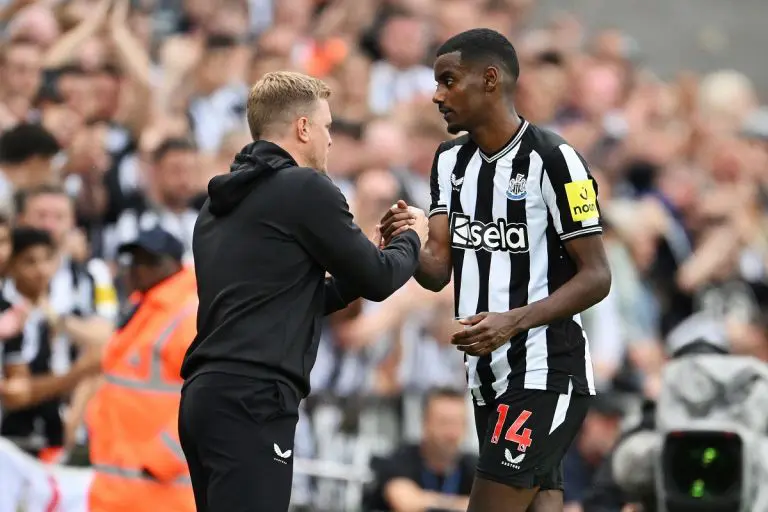My local boozer wasn’t just a pub; it was a wild, untamed jungle of characters and chaos. Once, it was the stomping ground for anarchists and squatters, the types who probably lived off stale bread and rebellious dreams. It doubled as the breeding ground for punk chaos, where little-known garage bands screeched and shredded alongside titans like Wire. Yes, Wire. And Robert Gotobed? He didn’t just walk in; he swaggered, followed by his entourage like a rock ‘n’ roll messiah.
But the real action now? Forget the punks and misfits. Enter the Chelsea mob. These weren’t just any fans; these were Mick and Taigh—two leathery, tattooed relics of an era when Chelsea wasn’t about billionaire glory, but raw, fist-swinging loyalty. Their tattoos, faded like old parchment, mapped a lifetime of devotion to a football club that once thrived on grit and swagger. They weren’t just fans; they were legends—second-generation Cockneys turned hardcore Londoners with no patience for nostalgia or roots.
The stories they told were an adrenaline shot straight to the heart. Imagine the 1970s: a world of skinhead style, Ska records spinning on turntables, and gang fights that turned pubs into battlegrounds. Mick and Taigh didn’t just survive those days—they owned them. Even now, in their sixties, they rock their history with tasselled loafers and Fred Perry shirts like living, breathing museum exhibits.
Their favorite tale? A wild ride on the infamous “football special” to Newcastle—a train journey straight out of a war movie. Bricks rained down like confetti, windows shattered, and the cops? They didn’t fight back; they gave advice: “Keep your heads down if you don’t want to lose them!” It might’ve been Manors Station, but let’s be honest, the specifics don’t matter when the scene is chaos personified.
The Chelsea crew, of course, knew their glory days were gilded by Abramovich’s billions. They’d basked in the golden era, trotting through European cities, lifting trophy after trophy, their Chelsea blue burning bright. They laughed at the irony of it all while lamenting how clubs like Newcastle, Villa, and Forest seemed locked out of the modern riches game—a cruel twist of fate for clubs with rich histories.
And then there’s my teenage son, a Newcastle United diehard amidst this sea of Chelsea wisdom. They adored the “daft lad,” respecting his unyielding loyalty to a team that hasn’t tasted the champagne of success in decades. Their admiration culminated in gifting him an old Chelsea programme, a small token from fans who had lived and breathed football in its rawest, most electric form.
The last time I shared a pint with Mick and Taigh, they were as fiery as ever, scoffing at the state of modern football. They couldn’t understand how today’s fans—especially those of Villa, Forest, or Newcastle—were denied the dreams they had lived. For Mick and Taigh, the game wasn’t just a sport; it was a way of life, an anarchic, skinhead symphony that still echoes in their hearts.



